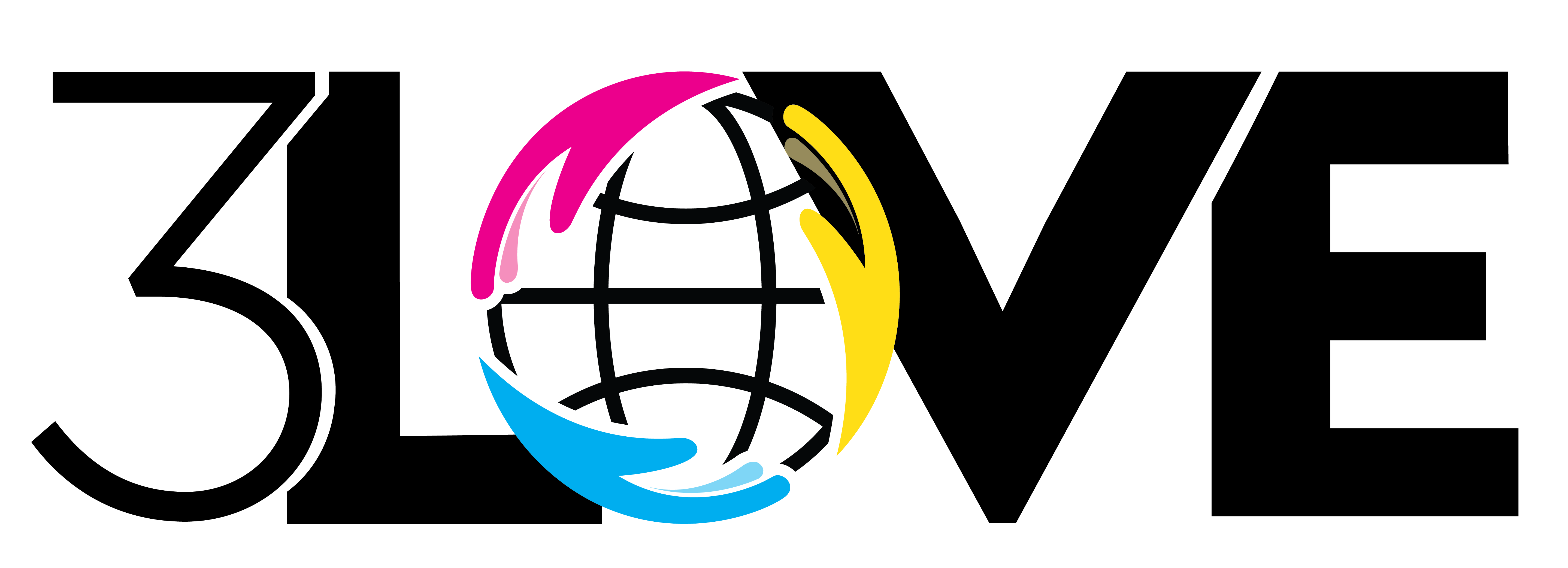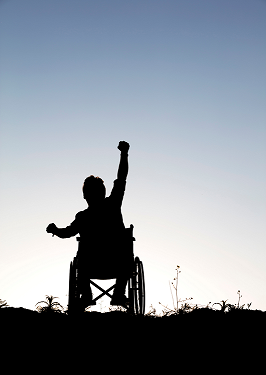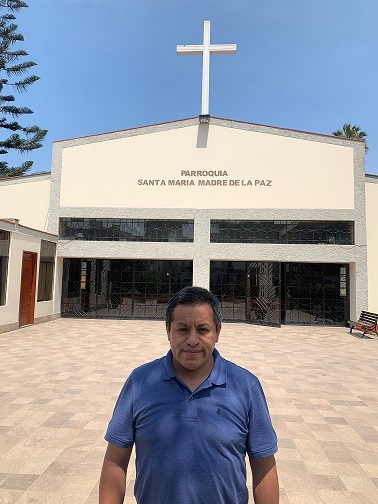On December 3, we commemorate the International Day of Persons with Disabilities to promote the rights and well-being of persons with disabilities in all areas of society and development, and to raise awareness of their situation in all aspects of social, economic and cultural life.
1 in 6 people have a disability
According to the United Nations, an estimated 1.3 billion people, or 1 in 6 people, have a disability.
Some people with disabilities die up to 20 years earlier than those without disabilities.
People with disabilities are twice as likely to develop conditions such as depression, asthma, diabetes, stroke, obesity or oral health problems.
Health inequalities stem from the unfair conditions faced by people with disabilities, such as stigmatization, discrimination, poverty, exclusion from education and employment, and the barriers they face in the healthcare system itself.
Empowering the leadership of persons with disabilities
The theme of the day for 2024 highlights the need to empower the leadership of persons with disabilities to ensure an inclusive and sustainable future for all people. The leadership of persons with disabilities is embodied in the slogan of the global disability rights movement “Nothing about us without us”. It encapsulates the principles of participation, representation and inclusion. This slogan also emphasizes the importance of people with disabilities taking a leading role in making decisions about their lives.
One of the priorities of the global disability agenda is to promote the leadership and active participation of people with disabilities. In recent decades, people with disabilities and the organizations that represent them have driven key changes in their communities, carrying out initiatives that not only promote their rights and well-being, but also foster inclusive development. This includes ensuring universal access to basic services through targeted, cross-cutting approaches, through activities such as consultations, data collection and analysis, as well as support for advocacy and accountability efforts.
Convention on the Rights of Persons with Disabilities
The Convention on the Rights of Persons with Disabilities was adopted in 2006 and signed by 180 countries. It states: “Accessibility and inclusion of persons with disabilities are fundamental rights”.
This Convention also calls for persons with disabilities to be able to lead independent lives and actively participate in the development of society. It also calls on States to take appropriate measures to give them full access to daily life and to remove all obstacles to their integration.
240 million children with disabilities
According to a UNICEF report published in 2021, there are 240 million children with disabilities worldwide. Children with disabilities are disadvantaged relative to children without disabilities on most measures of child well-being, according to the report.
The report includes internationally comparable data from 42 countries and covers more than 60 indicators of child well-being, from nutrition and health to access to water and sanitation, protection from violence and exploitation, and education. The report highlights the barriers that children with disabilities face in participating fully in their societies and the negative health and social impacts that often result.
Compared to children without disabilities, children with disabilities are:
- 24% less likely to receive early and responsive care;
- 42% less likely to have basic literacy and numeracy skills;
- 49% more likely to have never attended school;
- 41% more likely to feel discriminated against.
UNICEF therefore calls on governments to provide children with disabilities with equal opportunities. Governments must work with people with disabilities to remove the physical, communication and attitudinal barriers that keep them on the margins of society, and ensure birth registration; inclusion of health, nutrition and water services; equitable education; and access to assistive technologies. They must also work to eradicate stigma and discrimination in all communities.
In addition, UNICEF calls on governments to consult with people with disabilities and take into account the full range of disabilities, as well as the specific needs of children and their families, when providing inclusive services and equitable quality education. This includes promoting responsive and respectful care, establishing family-friendly policies, supporting mental health and psychosocial support, and promoting protection from abuse and neglect.


